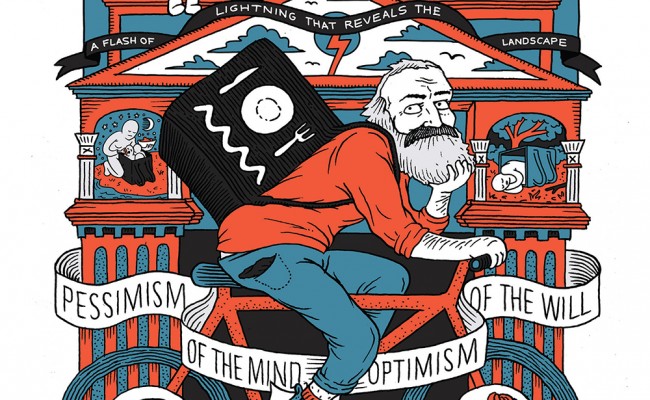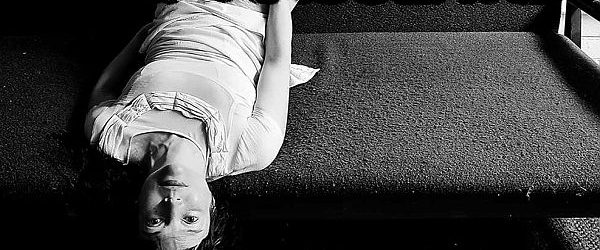Since learning that we are to lose $80,000 a year in funding from 20211, we’ve spent a lot of time reflecting on contemporary literary culture and its public perception.
To put this figure in perspective, $80,000 is about three editions of the print magazine each year or three roles at the magazine (we only have four positions, or the equivalent of 2.2 full-time staff).
Anyone involved in the arts or literature is used to precarity: funding and support comes and goes and is often finite; no-one likes to give money to keep the lights on.
Funding has allowed Overland to produce provocative and cutting-edge Australian culture for many years; our online magazine means that this contribution occurs not only quarterly, but that each and every day we provide space for diverse and dissenting perspectives, cultural interventions and new writing.
Funding has allowed us to support writers and editors, new and established, and to build toward a more equitable and participatory literature and world. But a lack of funding affects the stability of organisations, resulting in a disposable attitude to the arts.
A cyclical arts culture might suit some forms or projects, but it’s not how literary journals happen. When you run a journal, mostly you keep doing the same thing: finding writers, working with writers, publishing writers. It is from these ordinary literary activities that extraordinary cultural works are produced.
Popular culture is incredibly important and perhaps it can at times support itself, but we also need culture that is unpopular and challenging.
Moreover, the idea that journals should be economically sustainable implies that the market can fix things.
This is the same market that limits our futures, that gives everything a dollar value, that each season brings global warming to us more rapidly. Why is this the mechanism that should dictate how society functions?
In Overland 236, we’ve a series of prize-winning short stories that exemplify the excellence possible in the contemporary short story, thirteen pages of stunning poetry and essays on subjects ranging from streaming television to Cook commemorations to the death of Stacey Tierney in a Melbourne strip club.
At Overland, we think art is necessary to being human, not a ‘luxury’, or a pastime for the unoccupied rich.
1. A result of the Australia Council’s four-year funding process. For more, see ‘An era of throwaway arts’.
Read the rest of Overland 236
If you enjoyed this piece, buy the issue





